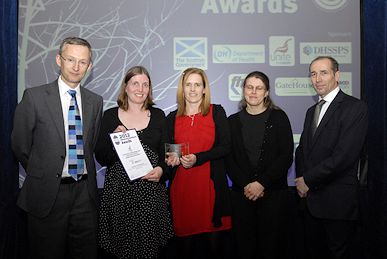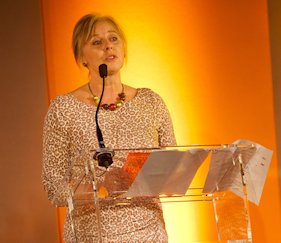Paralympic business summit success
Two companies collaborating with D4D have taken part in a major global business summit on Advances in Assistive Medical Technologies as part of the Paralympic programme.
The global summit, which was organised by United Kingdom Trade and Investment (UKTI) and took place at British Business Embassy Lancaster House in early September, was attended by Tomorrow Options and Kingkraft.
The summit, which took place during the Paralympic Games, focused on the impact of innovative approaches to rehabilitation and assistive technologies on the activities of people living with injuries, disabilities or illnesses.
Paulo Ferreira dos Santos, from Tomorrow Options, a company that develops electronic devices for markets including health, sport and industry, delivered a presentation called ‘Advances in human biomechanics assessment’.
Kingkraft displayed its Shower Chair project, which aims to develop an ultra-lightweight, mobile and compact collapsible shower chair (transportable by disabled people themselves) for the independent disabled person showering markets.
The Summit was part of an 18-day programme taking place over the Olympic and Paralympic Games, with the Prime Minister, Deputy Prime Minister, Chancellor, Business Secretary, Foreign Secretary and over 30 other British ministers welcoming over 3,000 business leaders and global figures.
The series of global business summits was the largest and most ambitious set of trade and investment events ever held in this country.
Speakers included Professor Sir Bruce Keogh (KBE FRCS, Medical Director of the NHS), Mike Spindle (Trekinetic), Professor Guang-Zhong Yang (Imperial College) and Geoff McGrath (McLaren Applied Technologies).




